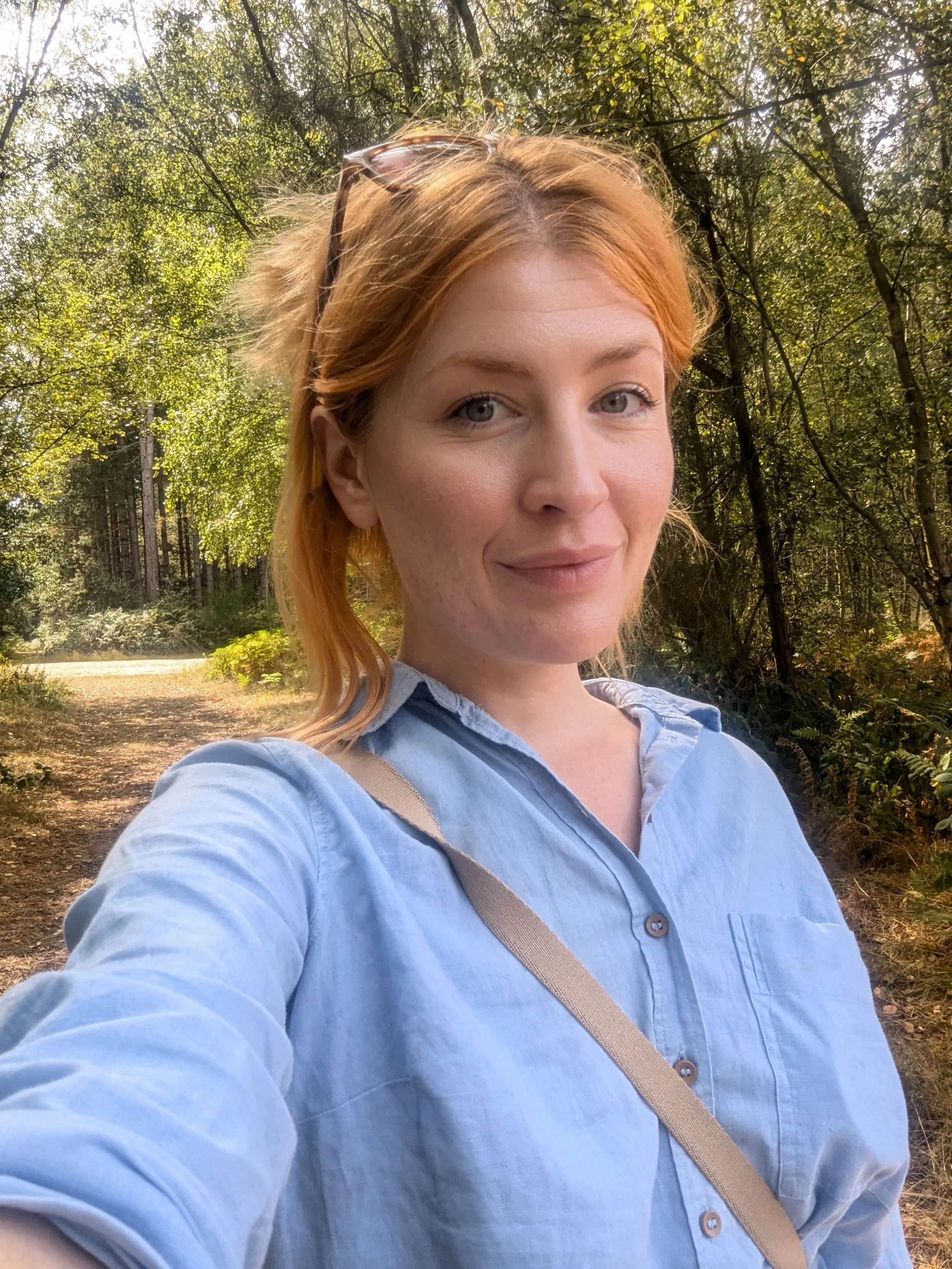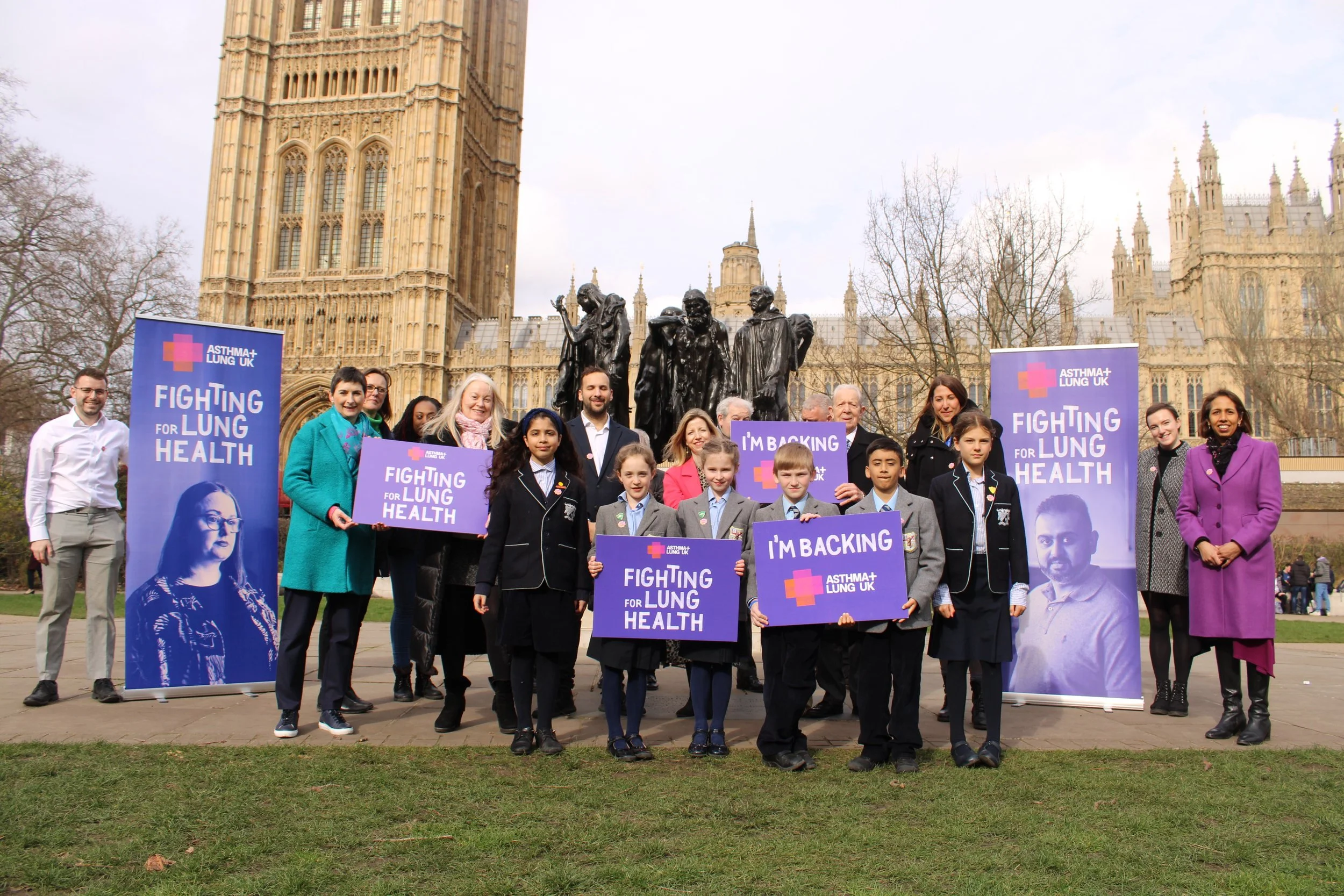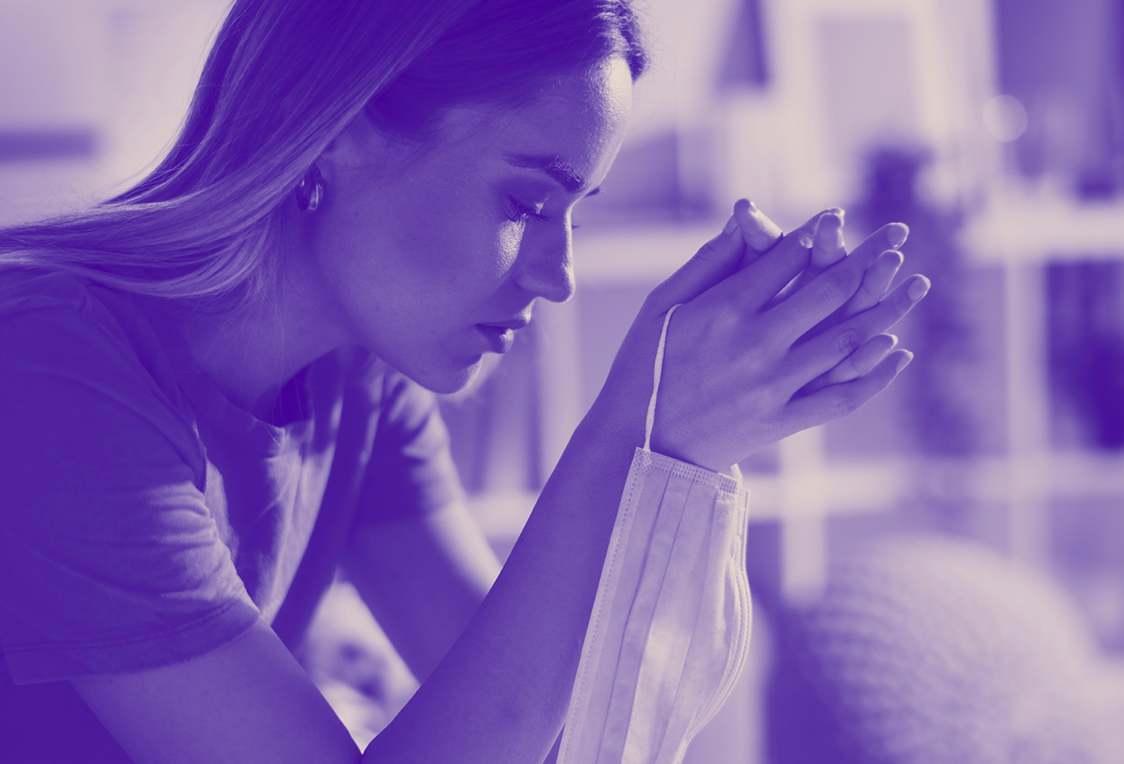Why should we be thinking about the social impact of living with a lung condition?
One in five people in the UK will experience a lung condition in their lifetime. These conditions often come with distressing symptoms like breathlessness, cough, and fatigue. For some people with long-term lung conditions, these symptoms can get worse over time, which can lead to feelings of loneliness and isolation. Dr Lisa Jane Brighton, a researcher at King’s College London, explains why we should be thinking about how living with a long-term lung condition can affect people’s social well-being.
Social wellbeing is crucial for good health, but we’ve found that people with long-term lung conditions have unmet social needs. Our recent literature review shows how these conditions and the symptoms can lead to experiences of stigma, social isolation, and loneliness. For example
Experiences of stigma can increase feelings of guilt and shame, and lead people to hide their illness and/or avoid others. This can include delaying seeking support with their health.
Social isolation can be associated with lower physical function and activity.
Poorer health, stigma, and social isolation can all contribute to loneliness: which is associated with poorer quality of life and health behaviours, and can lead to depression.
Defined by breathlessness
Fran and Andy, who both live with long-term lung conditions, kindly shared their own views and experiences on this topic with our team. Describing how having a lung condition can affect a person’s identify and daily life, Fran, 79, who lives with aspergilloma and bronchiectasis, shared:
“Having a lung disease means I’m entirely different - I have a different identity. I have a different daily practice from before, and I think this is quite important because people don't often realize that.. If you ask me to cross the room to pick up a book or something, I'll start panting, huffing and all that. Suddenly just getting off my chair to pick up something becomes a major problem. So that means anything like changing the bed, doing some cleaning, cooking, cleaning the bath, doing anything, it's like a military operation. I've got to think about it and decide when I'm going to do it. So, who we are is defined, unfortunately, by our breathlessness.”
The social impact
Andy, 59, who lives with stage 3 emphysema, also noted how the impacts of a lung condition can affect relationships with others:
“Since I've developed my lung condition, the closeness between me and my wife has been affected because I haven't got the energy that we used to do when we were first together. Like most men I put it to the back of my brain and forget about it but I suppose at some point or other, she's going say, ‘What's happening?’
“I love my grandchildren but sometimes it’s very hard to play and amuse them because two of them are boys - they want to be boisterous,, they want to play and fight and all that. I can't do it anymore, which is a shame.
He also described how some interactions have been made harder by the Covid-19 pandemic:
“If i am out and a coughing fit occurs, for example, people will look at you and first off think ‘covid’. I have literally had people move away from me thinking I have some sort of contagious disease – which I don’t - I just cannot catch my breath.”
The importance of community
Fran and Andy also described how having connections with people who are sensitive to the impacts of a lung condition can be really important. Fran noted:
“One is forced to socially isolate when one’s behaviour is going to depart from the norm. An old friend wrote me off after showing annoyance at a (pre-pandemic) dinner at my home where I was breathing with difficulty and not eating. As she was close friend, this did hurt.
I only have one friend, who does not seem to mind when, before the pandemic, we would explore London museums and other places of interest. My slow walking and frequent stops did not produce any negative reaction on her part as she would busy herself looking at shop windows, or passing sports cars or animals, while I would try and resaturate.”
Andy also said:
“I have a very a small group of friends, and we have a little tea shop here where I live. We all go down there every morning around 10:30, and we meet there just to chat. And I need that.The problem I've got, is that we all buy our cup of tea and cake or whatever but I can't get it, I can't go and stand waiting for someone to serve the tea. But these are really good guys and they're understanding. So that's fine and that's something that we do quite often.”
A holistic approach
As Fran explained the impact of these social challenges on her mental well-being, and how this also has an impact on her physical health:
“One can get extremely depressed because of isolation because of the challenges of living with these symptoms. I can go through a whole list of reactions, emotions, symptoms, depression, anxiety, fears, whatever, in the space of a single day. I don’t think you can make a distinction between physical and mental and social or anything - I mean, we are a whole, we humans. And if the social is very much affected that is going to have an impact on the physical well.”
Fran and Andy’s experiences highlight some of the particular challenges faced by people living with long-term lung conditions. These findings show the importance of considering the social aspects of health as part of a wider, holistic approach for people with long-term lung conditions. This could help us develop interventions that could help address social challenges for people living with lung conditions and improve their physical and mental well-being. To find out more about this research, please get in touch with Lisa Brighton at Lisa.Brighton@kcl.ac.uk. The full review can be found here.
For advice and support on managing your mental health and well-being with a lung condition, visit our website or call our friendly Helpline team on 0300 222 5800.
We run support groups around the country which give you the chance to meet and share your experiences with others who are living with a lung condition. We also run online support groups so you can join from the comfort of your own home. Find out more about our support groups here.
Lisa Brighton is funded by an Economic & Social Research Council Post-Doctoral Fellowship.
We empower people with lung conditions to make changes that can be transformative.
Please donate now to help make sure people with lung conditions can live well this year.








Beki is a PhD student from the West Midlands. She has several health conditions including severe asthma and Ehlers-Danlos syndrome (EDS). EDS is a rare inherited condition that affects connective tissue. Last May, Beki set herself a fundraising challenge to complete 180,000 steps to raise money to mark World Asthma Day and EDS Awareness Month.